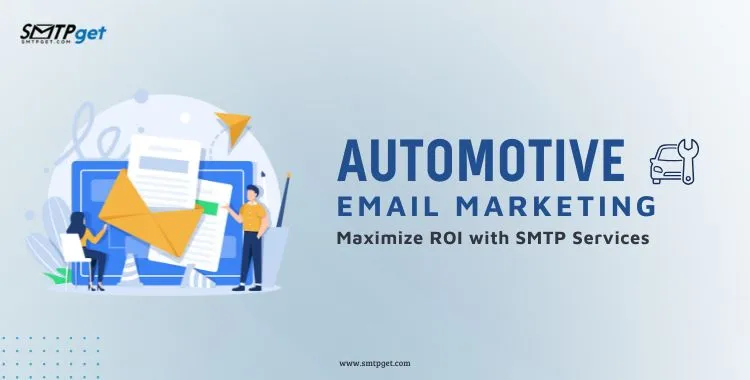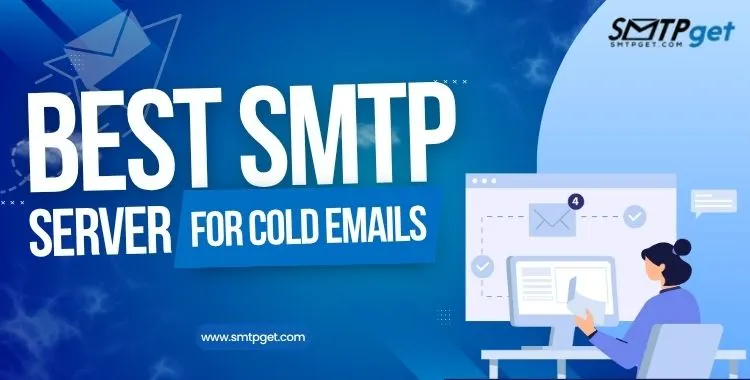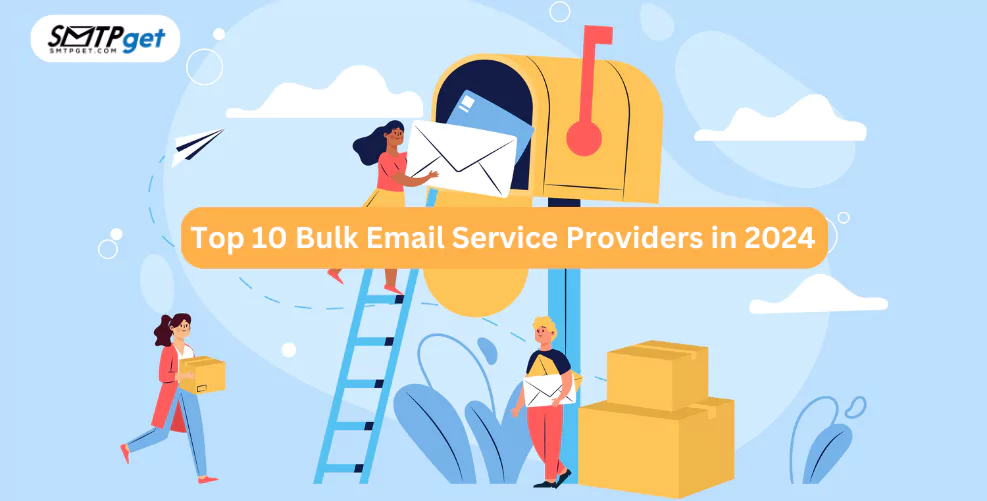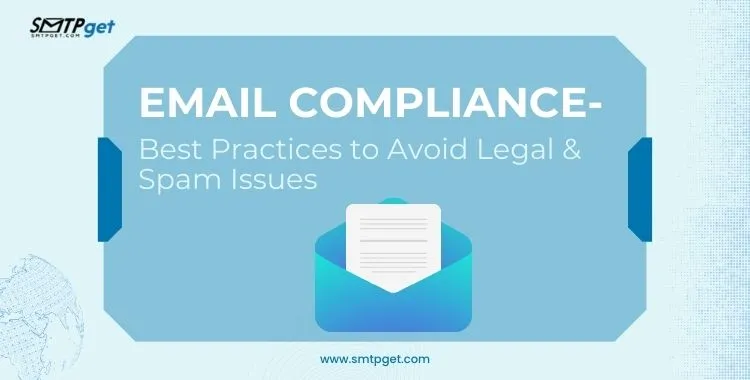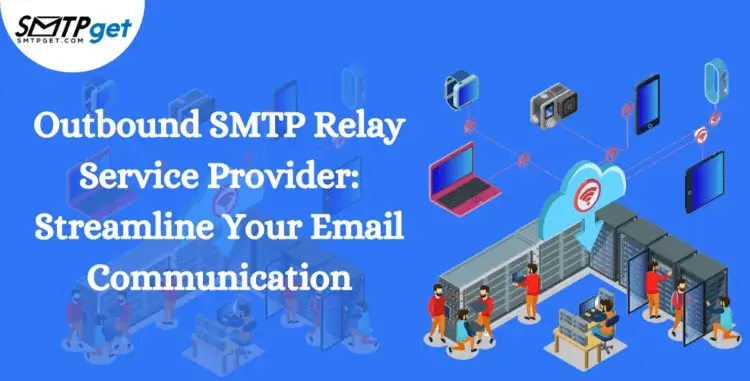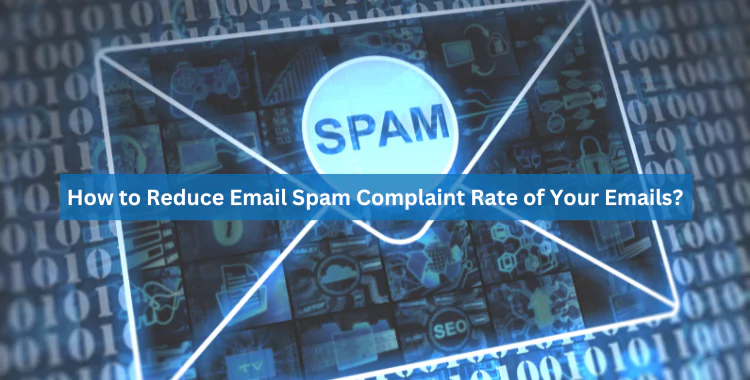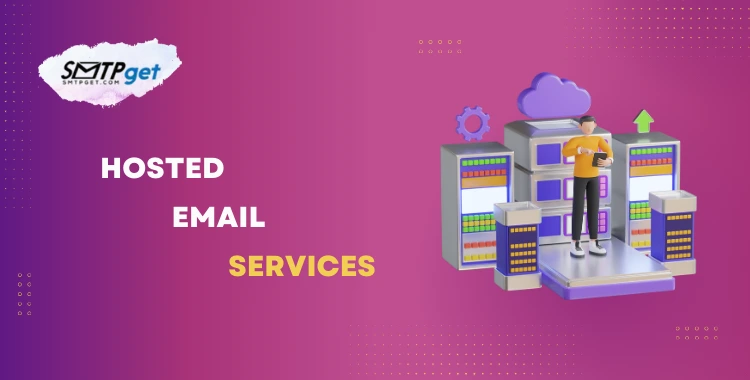Bulk Email Services for Educational Institutions have emerged as a powerful tool for educational institutions to streamline communication, enhance engagement, and maximize their overall impact.
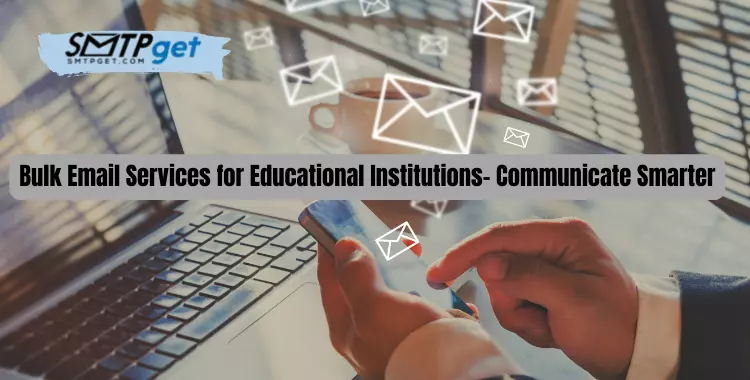
In this article, we will explore the significance of bulk email services for educational institutions in the context of educational institutions and how they can be leveraged to foster better communication, collaboration, and ultimately, educational success.
Need for Effective Communication in Educational Institutions
Educational institutions, whether schools, colleges, or universities, operate within complex ecosystems that involve students, teachers, administrators, and parents. The need for seamless communication across these diverse stakeholders is crucial for the smooth functioning of the institution. Traditional methods of communication, such as notices on bulletin boards or printed newsletters, are becoming outdated and inefficient in today’s digital age.
This is where Bulk email service for institutions plays a pivotal role. These services allow educational institutions to send targeted, timely, and personalized messages to their audience. Whether it’s sharing important announcements, academic updates, or event invitations, bulk email services provide a streamlined and efficient means of communication.
Key Features of Bulk Email Services for Educational Institutions
Here are some key features of bulk email services specifically designed for educational institutions:
1. Personalization and Targeting
Bulk Email Service for Educational Institutions offers the advantage of personalization, allowing institutions to tailor messages to specific audiences. Whether it’s addressing individual students, entire classes, or faculty members, personalization ensures that recipients feel more engaged and connected with the content of the email.
Additionally, targeting specific groups or segments within the institution enables administrators to send relevant information without inundating everyone with unnecessary emails. This targeted approach enhances the effectiveness of communication and minimizes the risk of important messages being overlooked.
2. Automated Workflows
Bulk email service providers for educational institutions often come equipped with automation features, enabling educational institutions to set up predefined workflows for various communication scenarios. For example, automated emails can be triggered for admissions processes, exam schedules, or event registrations. This not only saves time for administrators but also ensures that critical information is disseminated promptly and consistently.
3. Analytics and Reporting
Effective communication is not only about sending messages but also about understanding how recipients interact with the content. Bulk email services for institutions provide analytics and reporting tools that enable institutions to track key metrics such as open rates, click-through rates, and engagement levels. This data-driven approach allows institutions to assess the impact of their communication strategies and make informed decisions for improvement.
Use Cases of Bulk Email Services in Educational Institutions
Here are several use cases of bulk email services in educational institutions:

1. Admissions and Enrollment
Bulk email marketing Service streamlines the admissions and enrollment processes by sending automated and personalized communications to prospective students. This includes application status updates, important deadlines, and information about the enrollment process. Through targeted emails, institutions can nurture relationships with potential students and guide a smooth transition into the academic community.
2. Academic Updates
Keeping students informed about academic matters is crucial for their success. Bulk email services facilitate the dissemination of information related to class schedules, exam dates, syllabus changes, and academic resources. These timely updates contribute to a more organized and well-informed student body, ultimately enhancing the overall educational experience.
3. Events and Extracurricular Activities
Educational institutions are not just about academics; they are also hubs of various extracurricular activities and events. Bulk email service providers enable administrators to promote and manage these activities efficiently. Whether it’s a cultural event, sports meet, or guest lecture, targeted emails help create awareness and encourage participation.
4. Alumni Engagement
Maintaining a strong connection with alumni is vital for the long-term success and reputation of an educational institution. A bulk email marketing server assists in fostering alumni relationships by sending regular updates, event invitations, and newsletters. This engagement keeps alumni informed about the institution’s progress and creates opportunities for mentorship, collaboration, and fundraising.
Best Practices for Implementing Bulk Email Services in Educational Institutions
Here are some best practices for implementing bulk email services in educational institutions:

1. Build a Segmented Email List
To maximize the impact of Best bulk email services for educational institutions, educational institutions should maintain a well-segmented email list. Categorize recipients based on factors such as academic level, department, or role. This segmentation allows for more targeted and relevant communication, ensuring that each recipient receives information that is pertinent to their needs.
2. Prioritize Accessibility and Inclusivity
When crafting emails, it’s essential to prioritize accessibility and inclusivity. Ensure that emails are formatted in a way that is accessible to individuals with diverse abilities. Consider providing alternative formats for important announcements and documents. This commitment to inclusivity reflects the institution’s dedication to serving all members of its community.
3. Implement a Content Calendar
A content calendar helps educational institutions plan and schedule their email communications effectively. By mapping out key events, deadlines, and communication milestones, institutions can avoid overloading recipients with excessive emails while ensuring that critical information is delivered promptly.
4. Monitor and Analyze Performance
Regularly monitor the performance of email campaigns through analytics and reporting tools. Pay attention to open rates, click-through rates, and other relevant metrics to gauge the effectiveness of communication strategies. Use this data to make data-driven decisions and continually refine email communication practices.
Conclusion:
Bulk email services have become indispensable tools for educational institutions seeking to enhance communication and maximize their impact on students, faculty, administrators, and other stakeholders. By leveraging the features of personalization, automation, and analytics, institutions can create a more connected and informed community, ultimately contributing to the success and growth of the educational ecosystem.
As technology continues to advance, the role of bulk email services in education is likely to evolve, offering even more opportunities for innovation and improvement in communication strategies.

